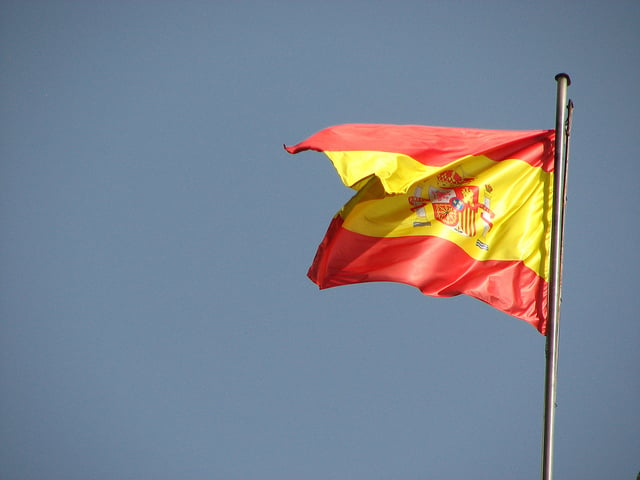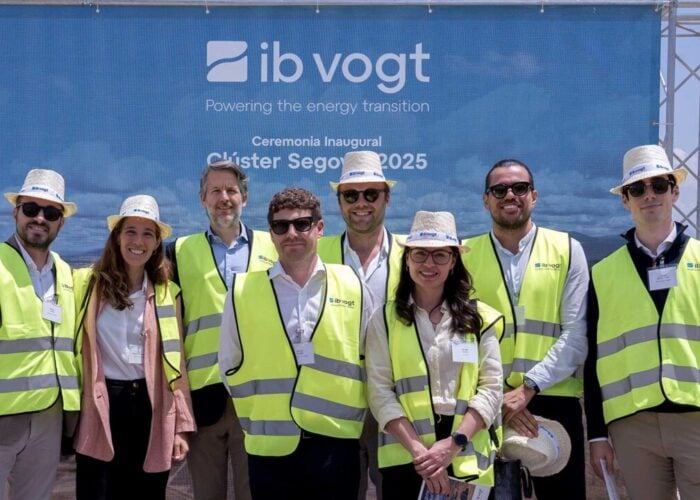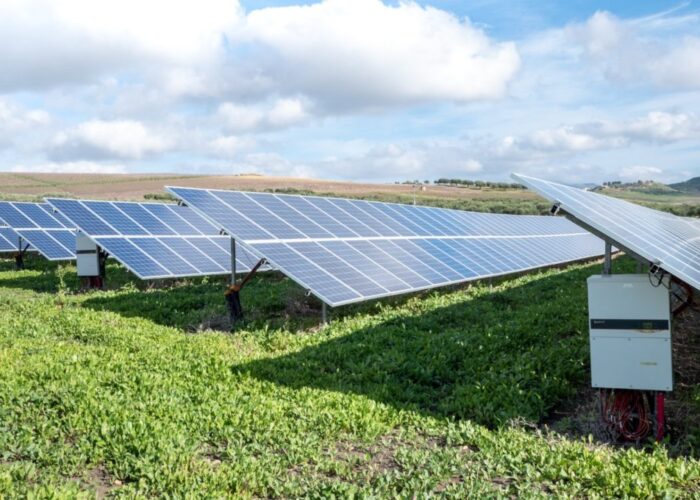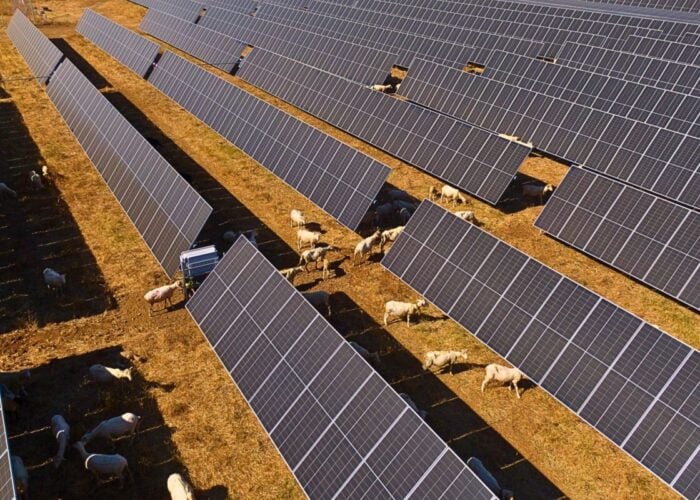
Twin brothers are now running Spain’s energy ministry with the surprise appointment of Alvaro Nadal as the new Spanish energy minister.
Formerly director of the economic bureau of the president, Alvaro Nadal takes charge of the country’s energy policy over and above his twin brother Alberto Nadal, who will remain in his current role as secretary of state for energy. However, Alberto may still be moved to another position as Spain’s new government takes shape over the next two weeks.
Unlock unlimited access for 12 whole months of distinctive global analysis
Photovoltaics International is now included.
- Regular insight and analysis of the industry’s biggest developments
- In-depth interviews with the industry’s leading figures
- Unlimited digital access to the PV Tech Power journal catalogue
- Unlimited digital access to the Photovoltaics International journal catalogue
- Access to more than 1,000 technical papers
- Discounts on Solar Media’s portfolio of events, in-person and virtual
Spain has been without a government since last year, but has allowed for a minority government ruled by the conservative Partido Popular party to finally take over. The new government could see in major utility-scale renewables tenders and the surprise repeal of the infamous ‘Sun Tax’ on self-consumption.
Daniel Pérez, attorney at Holtrop S.L.P, told PV Tech that the industry will be relieved that Alberto was not appointed minister, “because he has something personal against renewables”.
Perez added: “Anyone apart from him is better. That’s important. Most associations will say that this guy is against renewables.”
Alvaro Nadal was not part of the severe cutbacks against solar seen over the last few years even though he was advising president Mariano Rajoy and would have been aware of the policies, said Perez. Alvaro Nadal also has a reputation for being more open to dialogue than his twin brother. It will now be up to Alvaro to choose whether to keep his twin as secretary of state for energy or not and this could signal whether the previous anti-renewables politics will be maintained of upheaved.
Most commentators in Spain expect Alberto to be moved to another post, added Perez.
Spanish solar association (UNEF) general director José Donoso, said: “The solar sector is not asking the Government to put in place special conditions or treatment for renewable energy. It is asking not to place obstacles to the development of this clean technology, which is experiencing a remarkable growth at international level.”
This article has been updated to include comment from UNEF.







